How I paid off $185,000 of credit card debt in 5 years
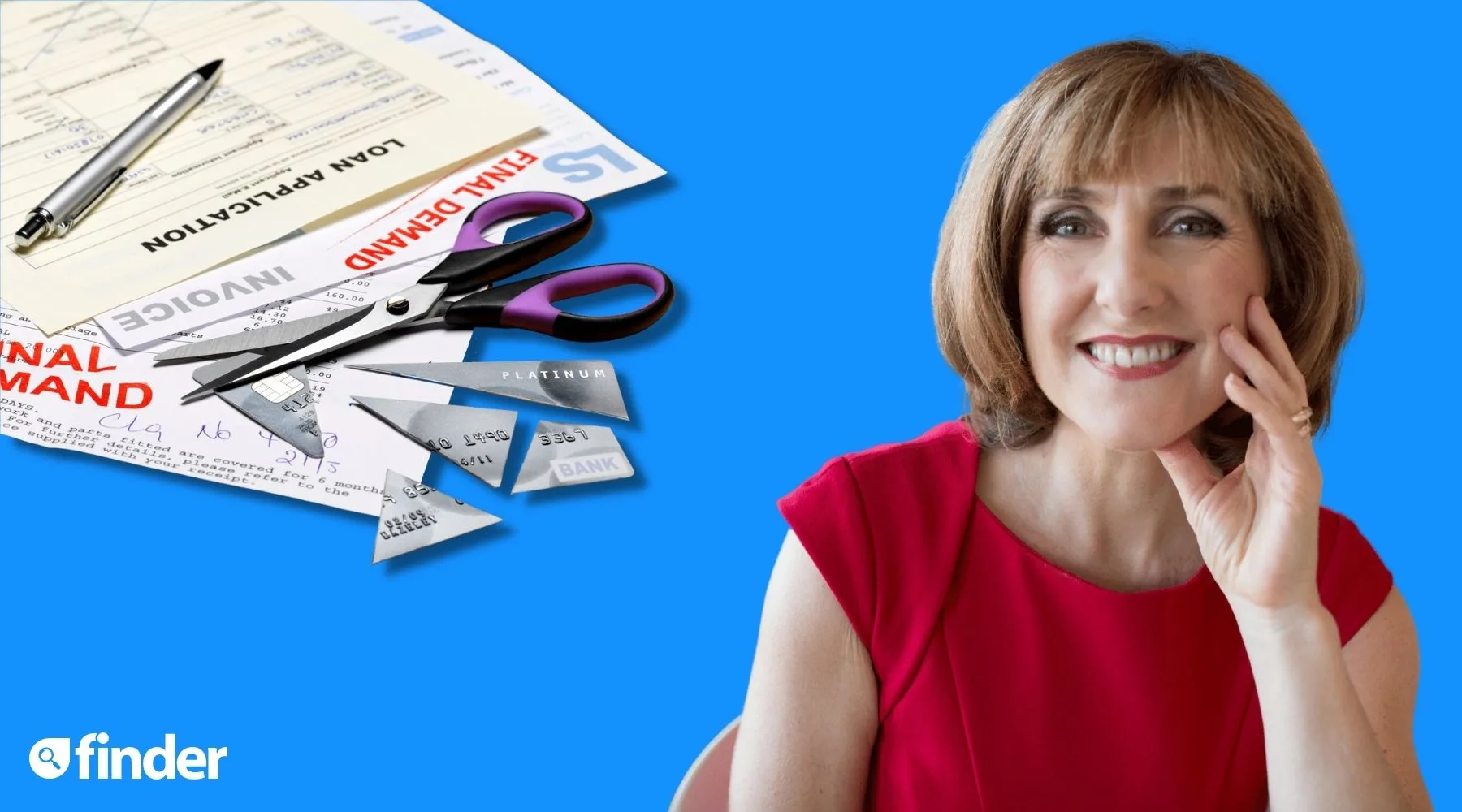
Credit card debt literally followed Alice Crawley across the world – until she decided to deal with it.
A lot of us can relate to that sinking feeling of being in debt. But even for big spenders, racking up $185,000 on credit cards is a lot.
A toxic mix of drug and alcohol addictions, plus an unhealthy relationship with money saw Crawley get this much credit card debt in just 5 years.
It started when she was living in Canada in the late 90s, before laws controlling access to credit were tightened.
She was relentlessly pursued by debt collectors and often questioned if she could ever clear the debt.
"I basically racked up $100,000 in credit card debt in Canada, just before I moved to Australia, and part of my fleeing Canada to come to Australia was escaping my money issues to try and start a new life when I got to Australia," she told me in an interview.
"Then I ended up getting credit cards here in Australia, because I clearly had a pattern in this space, and I accumulated another $85,000 in credit card [debt]."
It took Crawley hitting rock bottom in the early 2000s to turn things around – and she changed everything from her career and income to her mindset to do it.
Dealing with addictions
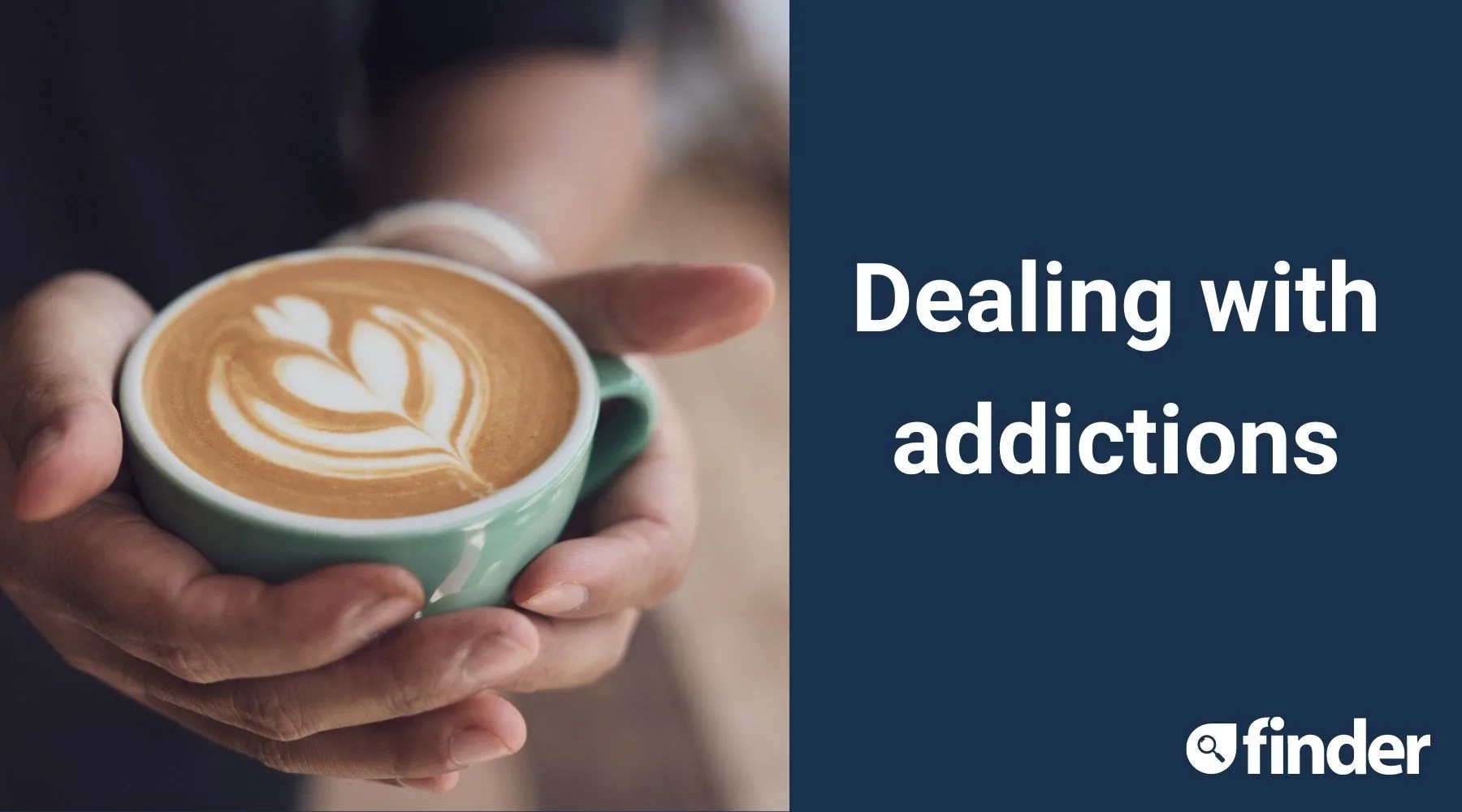
Crawley said her credit cards had given her a way to live a "very high-end lifestyle" while earning less than $50,000 a year.
"Part of the issue was [that] I was getting cash advances on my credit cards to fuel my alcohol and drug addictions," she said.
"In retrospect, it was clear to me that I was spending money to assuage anxiety and to kind of buy my way out of depression."
But with debt on cards from Canada and Australia, Crawley also felt trapped.
"I was being woken up in the middle of the night [by calls from] banking institutions... It was absolutely oppressive," she said.
The turning point came in 2001 when Crawley met the man who would become her husband.
"He's an actuary, which is the ultimate irony... [He was] a man whose life and work was around financial risk and avoiding financial risks – and that that was really a big catalyst for change."
When Crawley told him about her situation he was horrified but said he would support her emotionally while she sorted it out. So she went into rehabilitation.
"It was when I was getting clean for my drug and alcohol addictions that I realised I had to recover from my money addiction and my spending addiction – and that I had been chronically under-earning and compulsively overspending."
Changing her work (and self-worth)
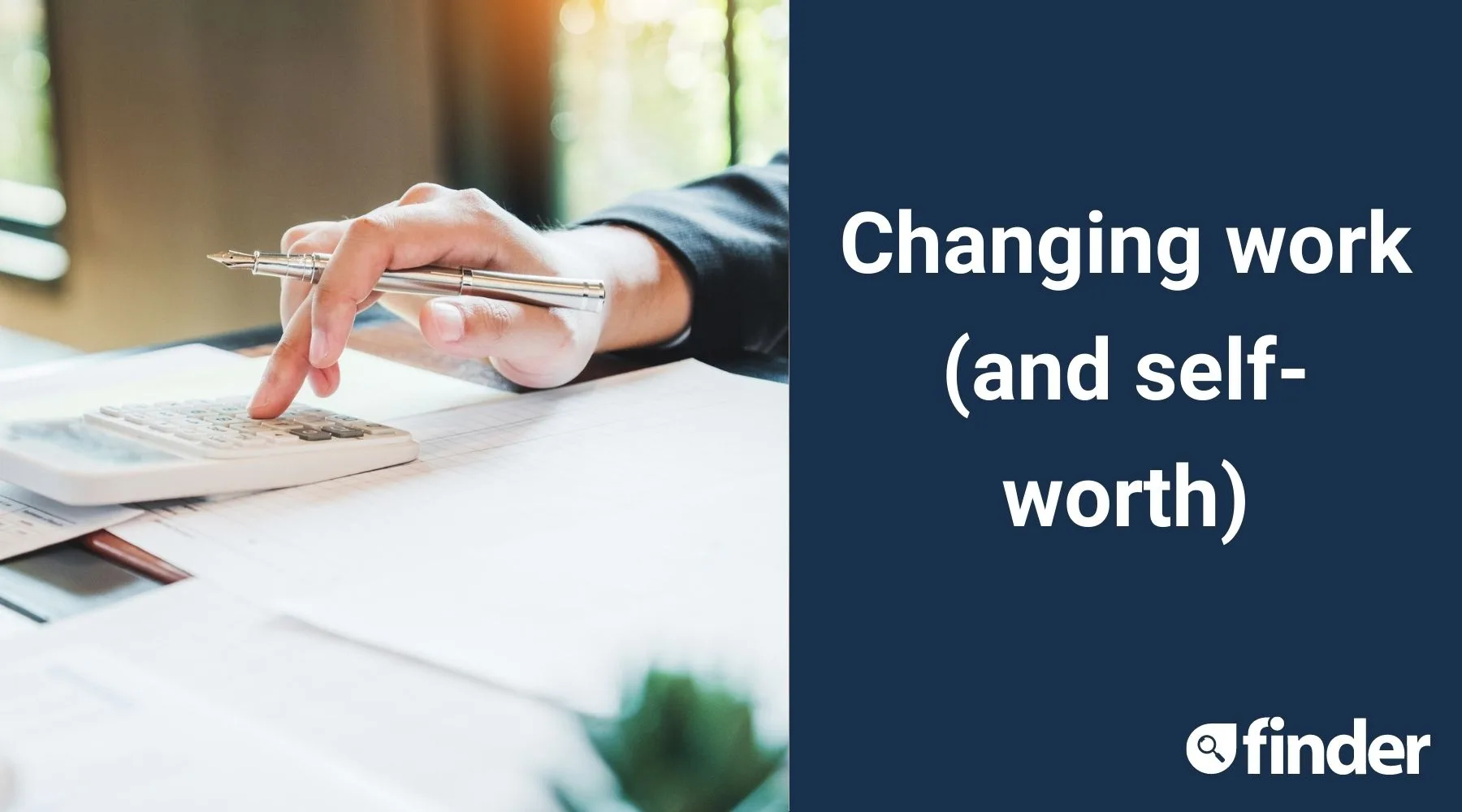
Another turning point for Crawley came when she was talking to a friend about her debts and her dream of owning a business.
"I told her that I was desperate. 'Everyone is saying I've got to claim bankruptcy but I don't want to do that because I want to have my own business one day'," Crawley said.
"And then she said: 'Alice, if you think you're worth $50,000 a year, you're going to be earning $50,000 a year.'"
"And it was a profound, pivotal moment for me... I was like, 'I want to be earning double that'. And she was like, 'Well, you need to write that number down and come up with a game plan'."
So, Crawley looked at all the skills she had and the potential value they could bring to a role – a process that made her realise she "had clearly been underrating myself".
"When I stood back and looked at my resume I thought, 'Well, hang on. This has been a self-worth issue. This has been a self-belief issue that I thought I was ok being a project coordinator'."
That led to her listing out her skills and values before applying for jobs with salaries around $100,000. She said there were "dozens of rejections" before she found a project manager position with her target salary.
"It was really clear to me that embarking on this journey of earning more money so that I could pay down my debt – and also [by] curbing my spending habits – that [the situation] was intrinsically linked to my self-esteem," she said.
"And when I stepped back from it, and looked more objectively at it... I knew I had the skills and capabilities."
Breaking spending patterns
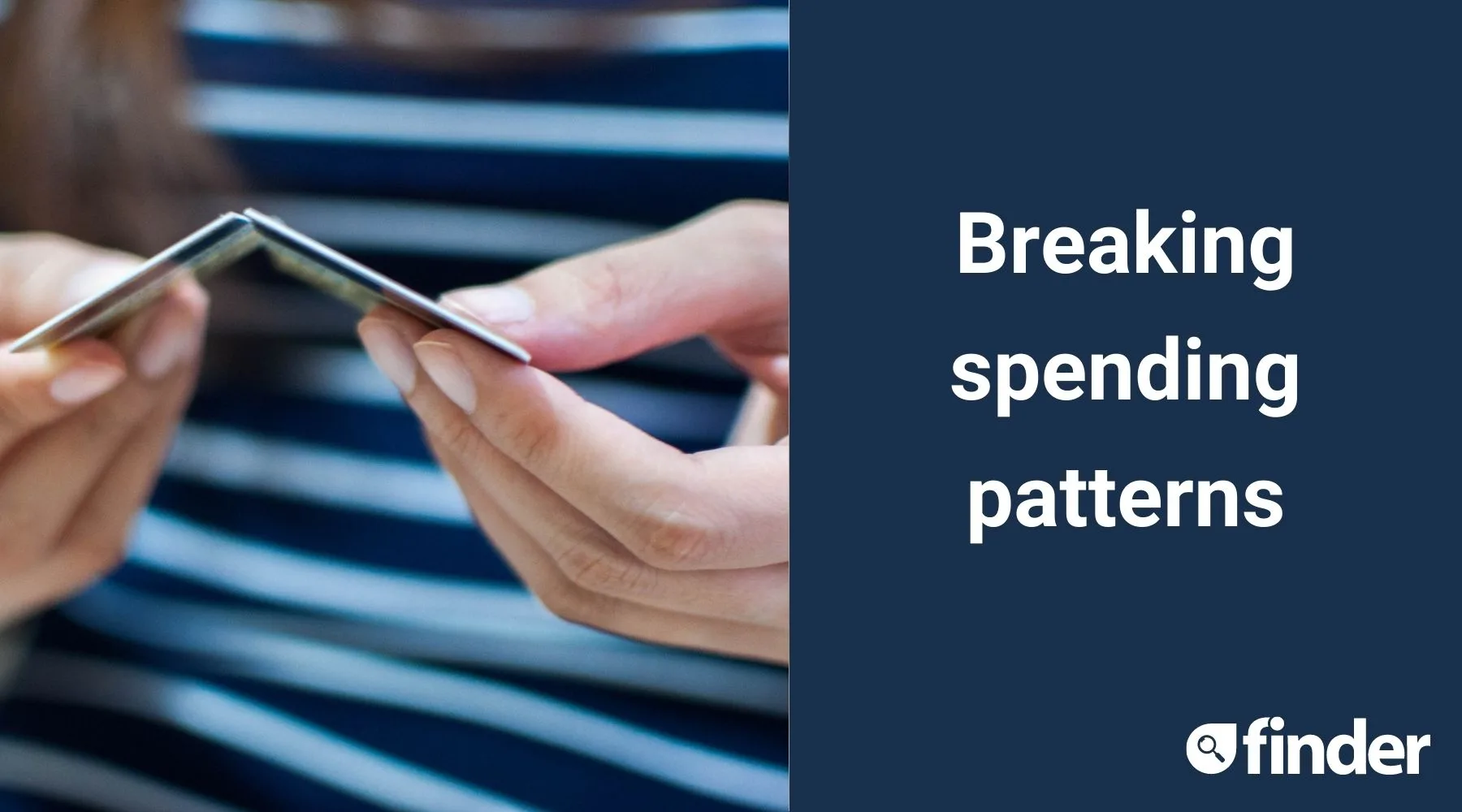
As Crawley moved up the career ladder and increased her earnings, she also started to look closely at her relationship with money and shopping.
"Coming out of having abused drugs and alcohol, that's a whole journey in and of itself. And at the same time, I was on a financial recovery journey."
"I knew people in early recovery that would spend money as a bit of an outlet and I couldn't do that. I had to find healthier ways to look after myself," she said.
"I started developing all sorts of techniques and strategies and setting limits and boundaries... And these are all the things that I talk about and write about and support and coach other people in now."
Crawley realised the principles she was applying to her drug and alcohol addiction also needed to apply to her spending patterns.
So, if she was feeling anxious, lonely or stressed, she decided "I couldn't go into shopping malls".
She also cut up her credit cards. Both of these steps were similar to the way she approached drug and alcohol abstinence.
"I needed to have a period of not being enabled with credit in order to get things back on track."
Dealing with debt collectors
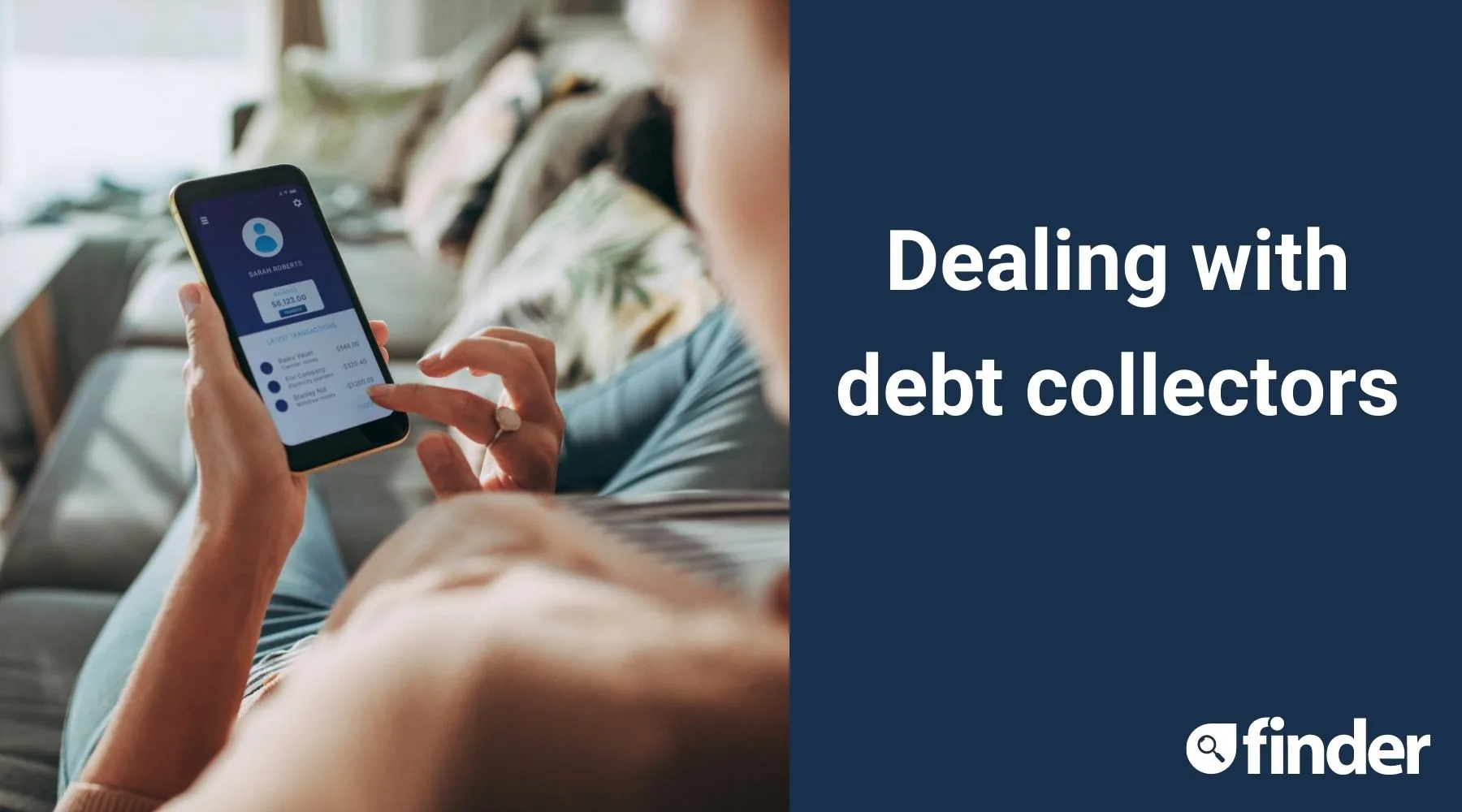
Throughout this process, Crawley was getting calls and letters from creditors in Canada and Australia, demanding payment for all her credit card debt.
At first, she avoided them. But when she felt more confident in her financial and emotional situation, she took direct action to settle the debts.
"I started getting as much free advice as I could around consumer rights and how I could manage creditors that were chasing me for money."
"I went ... to get some free legal counsel, because I was overwhelmed. I was being badgered, and I didn't know at the time that [their actions were] illegal," she said.
The advice that she got helped her negotiate payment agreements and settlements with creditors in Canada and Australia.
"I flipped the switch and instead of being afraid of picking up the phone – because I didn't know if they'd be on the other end – I [was] proactive and contacted them, and basically said: 'This is my situation, this is what I can pay you'."
"With 3 or 4 of the institutions in Canada, I was able to [say]: 'I can pay off a certain percentage', and they were happy to settle on that."
Crawley also felt more confident in addressing creditors who were "breathing down my neck".
"I empowered and equipped myself with my consumer rights, and basically made it clear [that] 'it's not okay for you to talk to me that way, because I'm going to make every effort to pay it back'," she said.
"It was really a very big journey of learning to step in my power, and [find] my voice," she said.
Positive reinforcement
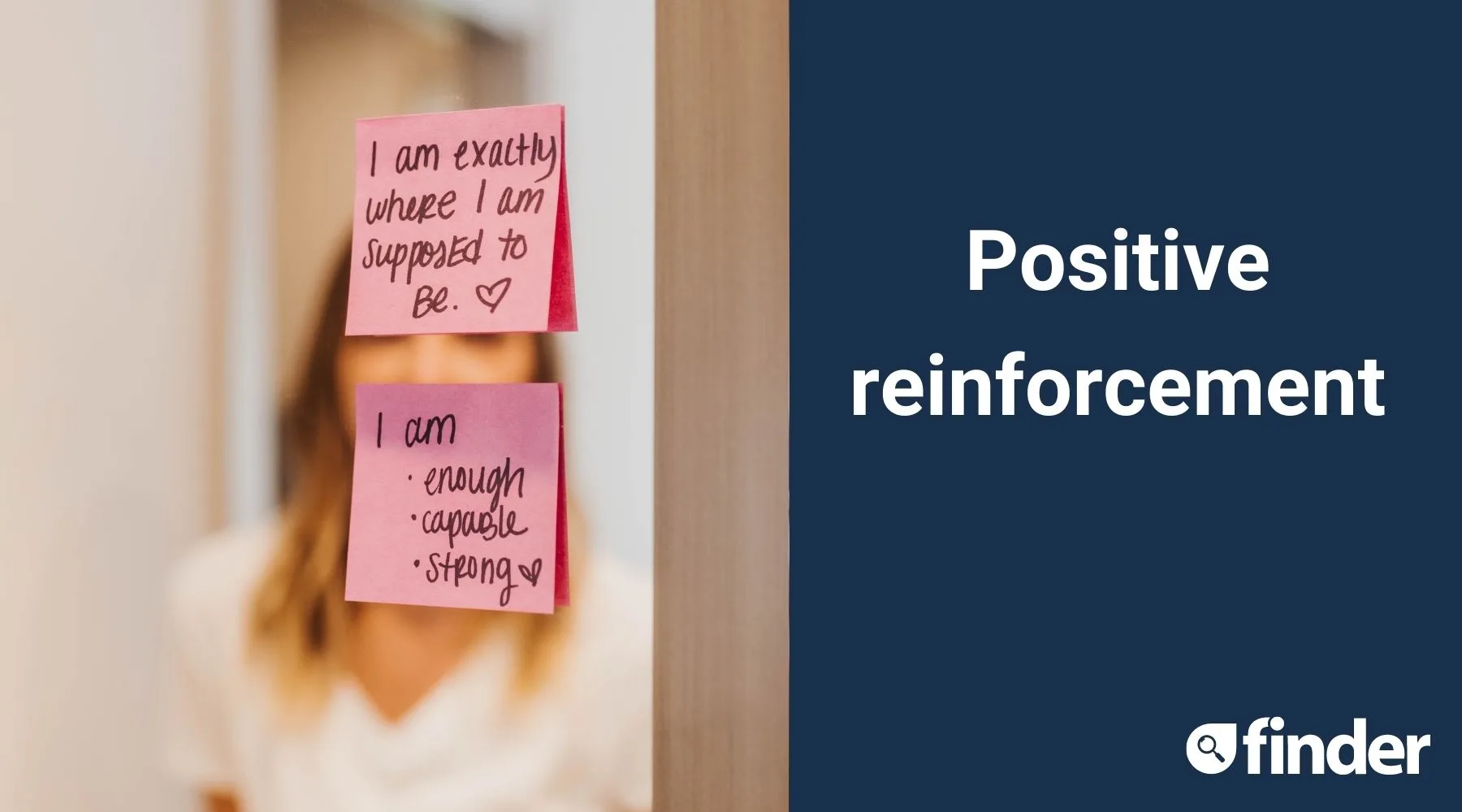
Crawley said there were times when the size of the debt – and her other personal challenges – would be overwhelming. But she found ways to cope by focusing on "celebrating the wins".
"I continually focused on the things that I was doing, which were within my control, around how I was dealing with the debt," she said.
"And that practice helped me to continue to focus on what I was strengthening, the wins I was making and everything that I was doing well."
In a way, Crawley's approach became less about debt and more about improving herself.
"It also showed me I had been underselling myself so dramatically because I didn't feel that I was worth more," she said.
"That's why I feel really grateful to be able to share my story, in the hope that it gives other people strength and focus and courage to face what they're facing, whether that be hardship, whether it be a minor debt – but I do I feel like it's so important to have this conversation."
Alice Crawley has written a book about her experiences and now works as a coach and mentor. You can learn more about her work on her website.
Need help with debt now? Call the National Debt Helpline on 1800 007 007 for free financial counselling. You can also compare debt consolidation options for credit cards and other accounts through Finder.
Images: Getty Images, Supplied (Alice Crawley)
Ask a question
